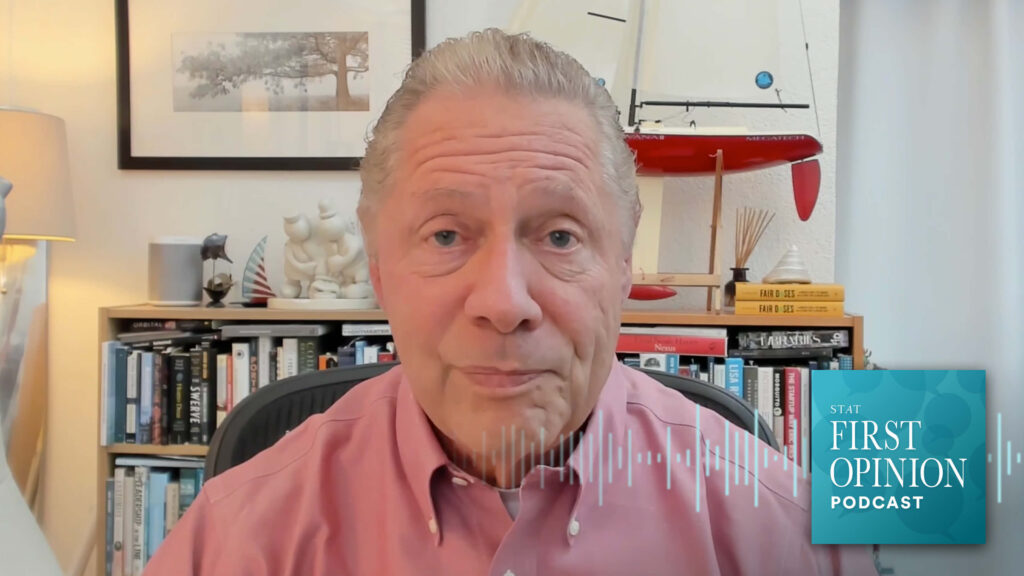Vaccine hesitancy has long been a challenge in public health, as highlighted by Seth Berkley, former head of Gavi, the Vaccine Alliance, and co-founder of COVAX. In a recent episode of the “First Opinion Podcast,” Berkley traced the roots of vaccine skepticism back to the early days of vaccination with the smallpox vaccine. He recalled the woodcut illustrations that depicted people with cow-like features, a direct consequence of the first vaccine being derived from cowpox.
Berkley’s insights come at a time when discussions about pandemic preparedness are paramount. With the world still grappling with the effects of Covid-19, he emphasized the likelihood of future outbreaks. “It is evolutionarily certain that we will have more outbreaks, more pandemics, and frankly, they could be significantly worse than Covid was,” he stated. His remarks underscore the importance of learning from past experiences as the global community prepares for potential health crises.
Balancing Routine Work and Pandemic Prevention
During the podcast, Berkley addressed a pressing dilemma facing global health initiatives. He described the situation as a “devil’s choice”: should organizations continue their routine health work or focus on pandemic prevention? With significant cuts to scientific research funding, this choice becomes more complex. Berkley articulated the need for a balanced approach, suggesting that neglecting routine health work could compromise overall health systems.
The conversation drew inspiration from Berkley’s recent essay titled “Global security is impossible without sufficient support for global health.” In this piece, he argues that robust global health systems are essential for effective pandemic response and overall societal well-being. He called for increased investment in health infrastructure to mitigate the risks of future pandemics, asserting that without sufficient support, the world is ill-prepared for the next health emergency.
Berkley’s extensive experience in the field, particularly during the Covid-19 pandemic, lends weight to his arguments. He advocates for a comprehensive strategy that includes both routine health services and dedicated pandemic preparedness efforts. His perspective is crucial as governments and organizations reevaluate their health policies in the wake of the pandemic.
The insights shared by Berkley serve as a reminder of the importance of public trust in vaccines and health systems. As the world moves forward, understanding historical vaccine hesitancy will be vital in building confidence in future vaccination efforts.
Listeners can engage further with these discussions by tuning into the “First Opinion Podcast,” available on platforms such as Apple Podcasts and Spotify. For those interested in ongoing health and policy discussions, subscribing to the First Opinion newsletter provides weekly updates and insights.
As society continues to navigate the complexities of health security, the reflections and recommendations of experts like Seth Berkley will play a pivotal role in shaping future strategies for pandemic preparedness and public health resilience.







